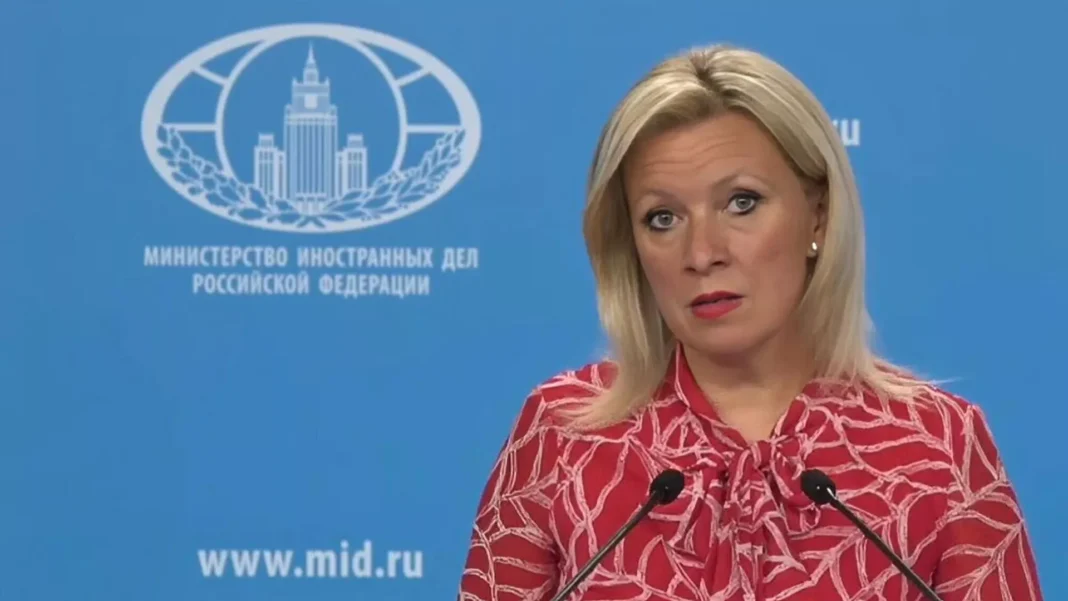MOSCOW, Sept 12
Russia is urging Armenia and Azerbaijan to quickly agree on the date and venue for the next ministerial meeting of the “3+3” regional format, Foreign Ministry spokesperson Maria Zakharova said at a briefing.
The call follows remarks by Russian Foreign Minister Sergey Lavrov, who said preparations are under way for a third “3+3” ministerial and proposed that the next two sessions be hosted in Yerevan and Baku.
The platform brings together Armenia, Azerbaijan and Georgia with Russia, Iran and Türkiye to discuss regional cooperation and security in the South Caucasus. Georgia has so far declined to participate, but Moscow and other members say the “door remains open.”
“We expect active steps from Yerevan and Baku to promptly coordinate the time and place of the next meeting,” Zakharova said, adding that Russia stands ready to assist partners across all tracks.
She described the format as a “useful venue” for advancing Armenia–Azerbaijan normalization and tackling broader regional issues.
Moscow has repeatedly framed itself as a guarantor of stability in the South Caucasus and says it supports a durable peace between Armenia and Azerbaijan following years of conflict and intermittent negotiations. Russian officials argue the “3+3” mechanism complements bilateral diplomacy and other international efforts by anchoring talks in a regional setting that includes all immediate neighbors.
The renewed push comes amid ongoing diplomacy between Yerevan and Baku over a comprehensive peace agreement and the unblocking of transport links. Western and regional actors have stepped up engagement in recent months, underscoring competing—and sometimes overlapping—mediation tracks.
While no date has been announced, a fresh ministerial would aim to review de-escalation steps, connectivity projects, and confidence-building measures, according to officials familiar with the format’s agenda. Diplomatic sources say participation by all six countries remains the preferred configuration, even as Georgia maintains its distance.
Analysts note that holding back-to-back sessions in the Armenian and Azerbaijani capitals, as proposed by Lavrov, would be symbolically significant and could help sustain momentum—provided both sides can align on logistics and a focused agenda.
For now, Moscow’s message is clear: set the meeting, keep the talks moving, and lock in practical steps that make peace more resilient.


